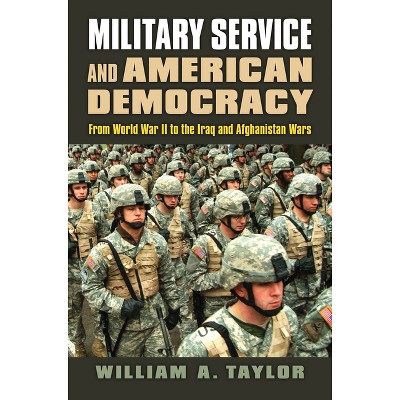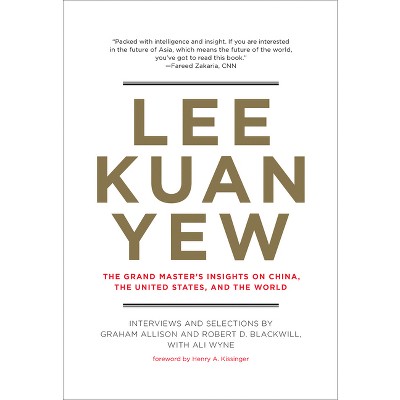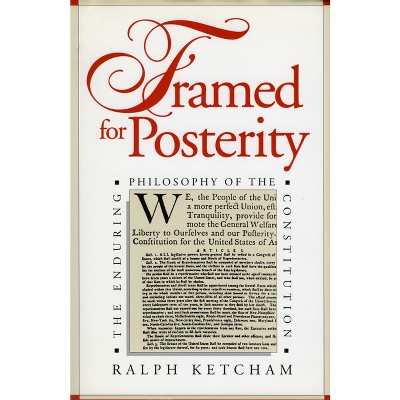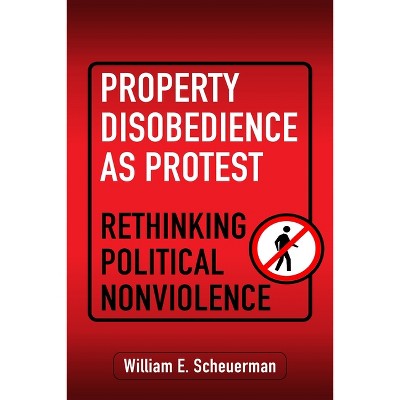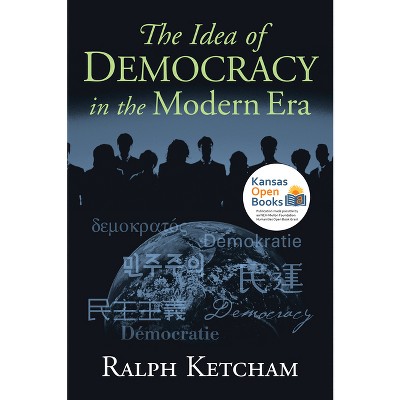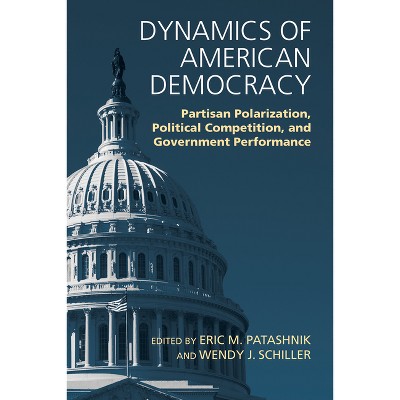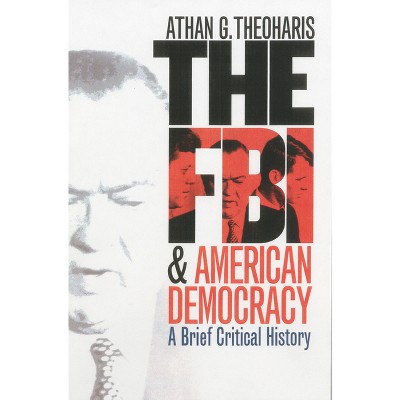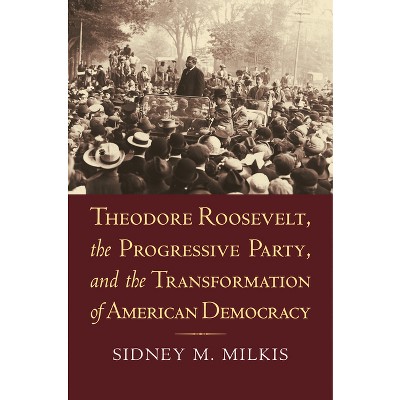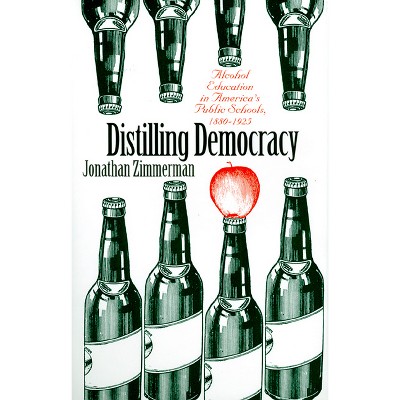Sponsored

Warmaking and American Democracy - (Modern War Studies) by Michael D Pearlman (Paperback)
In Stock
Sponsored
About this item
Highlights
- While war is most effectively waged as a united effort, the United States has consistently waged military conflict without firm central direction.
- Author(s): Michael D Pearlman
- 456 Pages
- Political Science, Political Ideologies
- Series Name: Modern War Studies
Description
Book Synopsis
While war is most effectively waged as a united effort, the United States has consistently waged military conflict without firm central direction. Throughout our history, observes Michael Pearlman, the waging of war has been subject to continuous bargaining and compromise among competing governmental and military factions. What passes for strategy emerged from this process. Warmaking and American Democracy is the first comprehensive study of American war strategy in its domestic context. It shows how internal divisions--between political parties, presidents and Congress, elected representatives and bureaucrats, soldiers and civilians, and branches of the armed services--make the creation of strategy extraordinarily complex and explains why wartime goals, ways, and means were often disconnected. Pearlman reveals how divided America has always been over warmaking, from colonial times to Desert Storm. Drawing on a wide array of sources in political, military, and diplomatic history--as well as interviews with leading figures in the defense establishment--he illuminates the strengths and weaknesses of our convoluted decision-making process. His examples of wartime success and failure explain many of the perpetual dysfunctions when a pluralist democracy makes high-level strategy. Exploring many previously neglected connections in American history, Pearlman compares the military thinking from different eras and points out the recurring difficulties of presidents and commanding generals to compose a common strategy. Disagreement between LBJ and the Joint Chiefs of Staff over how to conduct the war in Vietnam was similar to disputes between Wilson and Pershing, or Lincoln and Grant. Pearlman also provides a wealth of fresh insights into our major conflicts--notably the Civil War, World War II, and Vietnam--and shows how the experience of one war can influence strategy in the next. Warmaking and American Democracy goes far beyond other accounts of U.S. military history by relating strategies and campaigns to policy goals and means. It invites serious reconsideration of how we wage war as it shows the complex nature of national security decision making in a democracy.Review Quotes
"Essential reading for those who would understand the why of military strategy as well as the what."--Naval War College Review
"A detailed, judicious, highly informative, and sometimes irreverent account of the country's major military conflicts."--Journal of Military History
"An insightful and engaging work, and it renders a great service by making the 'American style' of warfare comprehensible without oversimplifying."--The Historian
"All interested in military history should find this volume a valuable addition to their library, both as a fresh explanation of the workings of the U.S. warmaking system and as a fascinating discussion of the rivalries and competitions that developed."--Army
"Pearlman provides a broad, synoptic and penetrating study of American warmaking and strategic formulation within the framework of democratic constitutional political institutions."--Military Review
"Essential reading for the military professional and anyone interested n how America goes to war."--Armor
"This is a pathbreaking work, fresh and provocative."--Choice
"A masterful and engaging book that illuminates the complexity of making war in a democracy. Clearly relevant to contemporary issues of military policy and foreign affairs, it should be read by anyone interested in American military and diplomatic history as well as anyone concerned about the future of the Republic."--H. R. McMaster, author of Dereliction of Duty: Lyndon Johnson, Robert McNamara, the Joint Chiefs of Staff, and the Lies That Led to Vietnam
"A massive, brilliant work that sustains its various themes through some three hundred years of American war fighting. Pearlman conveys a persuasive grasp of the whole, continually makes telling comparisons of recurrent phenomena, and has a special eye for apt quotations. This book may well become a classic."--J. Garry Clifford, author of The First Peacetime Draft
"The chapter on World War II is brilliant. Pearlman's focus is splendid, his logic irrefutable, and his reading in sources wonderfully widespread."--Martin Blumenson, author of Patton: The Man Behind the Legend
"The chapter on U.S. policy in the Vietnam War is one of the best I have seen--perhaps the best of its kind."--William C. Gibbons, author of The United States Government and the Vietnam War
"A major work that makes an invaluable contribution to the literature."--John Chambers, author of To Raise an Army
Shipping details
Return details
Frequently bought together

Trending Non-Fiction






